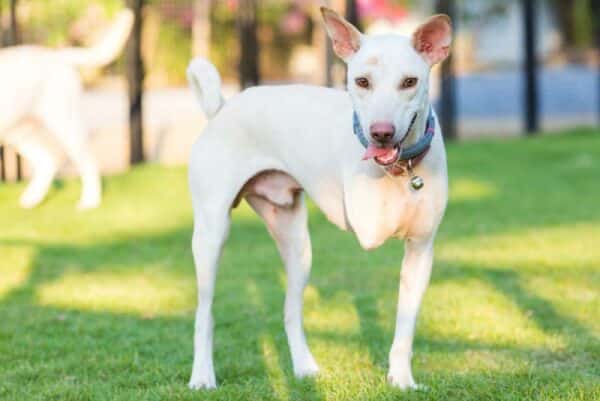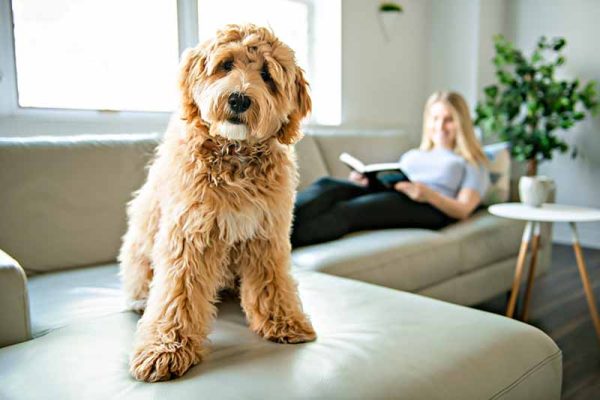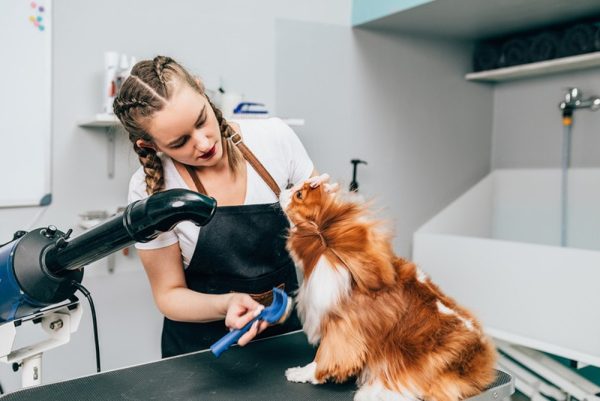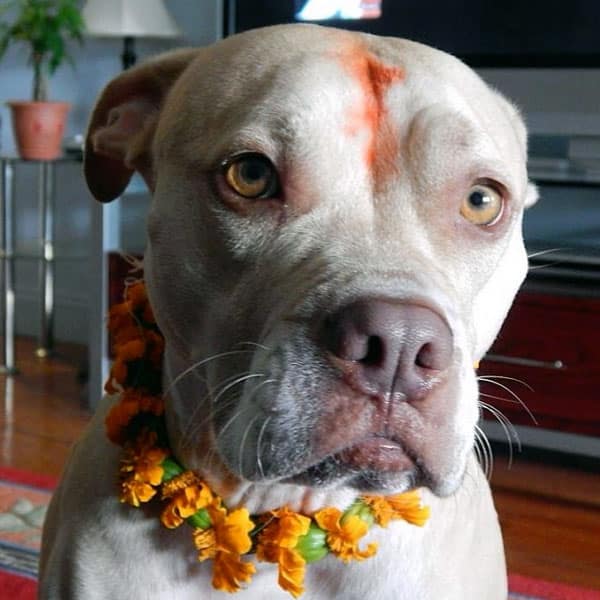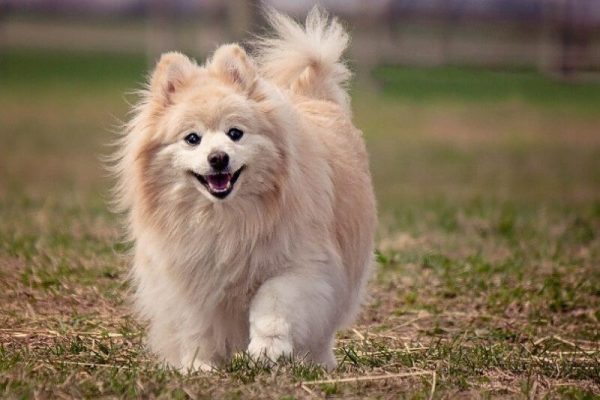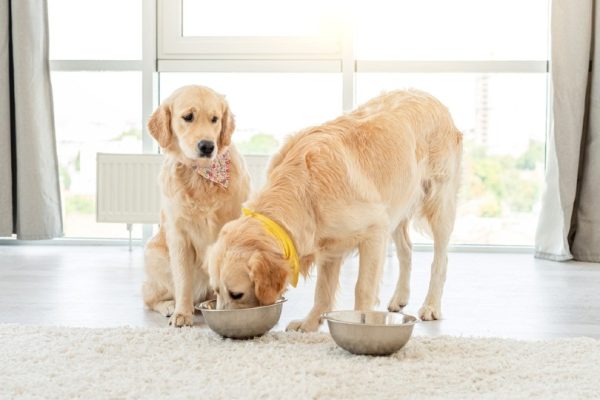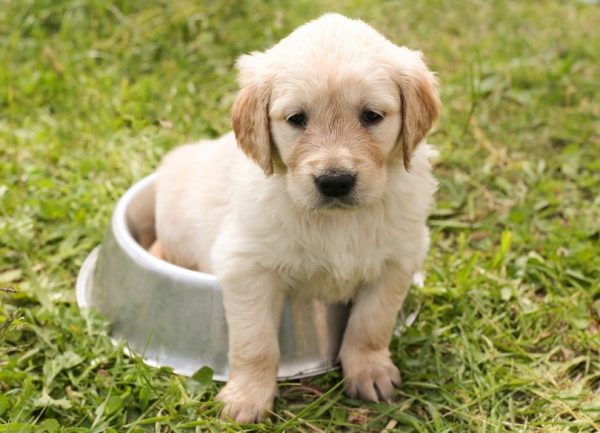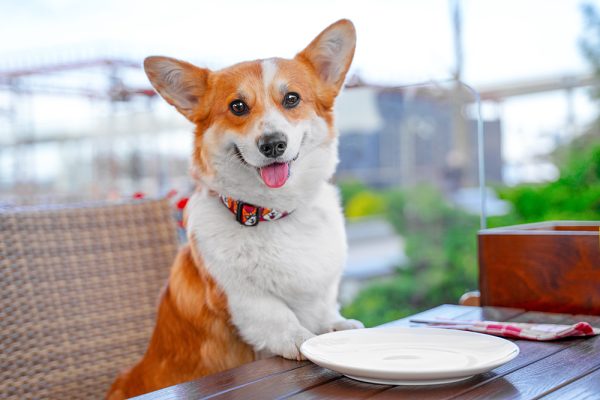Being worried does not help your dog. They know if you worry, and it stresses them out. If your dog eats your blood pressure medication, you want to be proactive and take steps to fix the situation, but stay calm for your dog.
The first thing to do is to call your vet or an emergency vet. Dogs can have life-threatening reactions from eating human blood pressure medication, just like humans. Consuming blood pressure medication when you’re not supposed to is not good for anyone, but the impact depends on the amount ingested. Read on to learn more.
If you need veterinary advice for your pet, we recommend PangoVet’s TeleVet service. You can have a video consultation with a real veterinarian from the comfort of wherever you are, no travel needed. PangoVet’s vets can provide you with personalized care and advice, and hopefully help ease your mind.

If you want to speak with a vet online, head to PangoVet and get the personalized advice you need for your pet — all at an affordable price!
Please note that PangoVet does not offer prescriptions and is not for medical emergencies.

What to Do First
1. Check the Dose of the Medication
The dosage will affect your dog’s reaction. Too little medication doesn’t do what it’s supposed to. Too much medication, even for someone who is supposed to have it, can be devastating. In anyone not supposed to be on blood pressure medication, even small doses can cause the blood pressure to drop dangerously low—that is what the medication is designed to do.
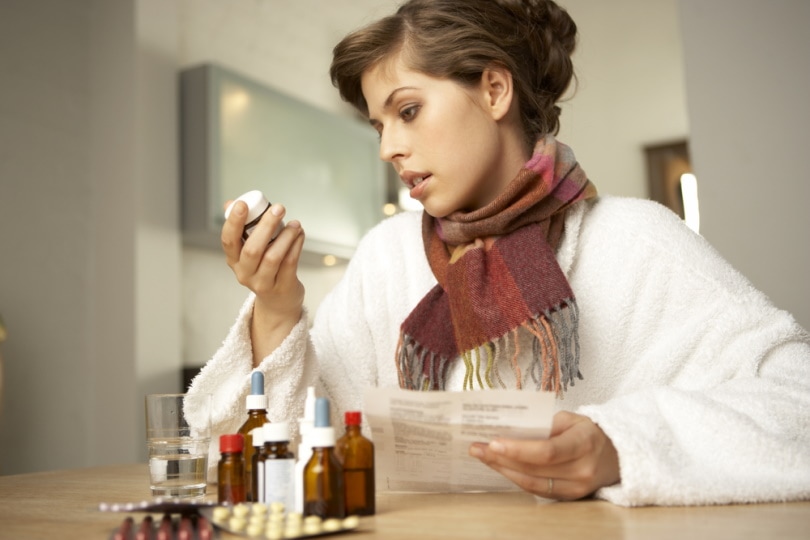
2. Note the Size of Dog
In addition, small dogs can tolerate less medication than big dogs. Unlike many human medications, dog medication is prescribed based on the dog’s weight. Bigger dogs can tolerate more.
3. Amount of Medication
It can be confusing because the size of the pill does not dictate how much medication is inside. So, a large pill can contain less medication than a small pill. The amount of medication in a pill is usually described by milligrams on the packaging. So, it is vital to keep the packaging because it will tell you precisely what the dog ate.

What Will the Vet Do?
If you get your dog to the vet in time, the vet may force your dog to vomit up the medication. This usually must be done within about 2 hours of ingesting the medication. If the medication has already been absorbed from the stomach, or even if there is the risk that some of it was absorbed, the dog will likely have to stay at the hospital for monitoring and cardiovascular support medicine.
This often includes, at a minimum, IV fluid therapy. The vet may also try to feed the dog activated charcoal to inactivate and flush the medication out of the GI tract.
Keeping Medication Safe
Trusting the medication’s packaging is usually not enough. Those bottles may be child-proof, but they are usually not crunch-proof. Many dogs can chew right through them. My rule for keeping medication safe is to have at least two physical barriers. This means that the dog has to go through two barriers to get to the medication.
These barriers need to be physical and not mental. For example, height can be an effective barrier. But, if a dog can jump up on the counter, even if they have been trained to never do it, that is not good enough. The medication needs to be high enough that they cannot physically reach it, even if they are possessed by a demon and decide to jump up. Height needs to be a physical barrier, not a mental one.
Cupboards and drawers can be suitable barriers as long as your dog does not know how to or can’t open them—some dogs can. Ideally, medication should be protected with two or three physical barriers like this:
- High enough that the dog cannot jump up it
- In a cupboard or drawer
- In a package that the dog cannot open

Final Thoughts
Creating systems that prevent your dog from getting into human medications is the first step to preventing intoxication. However, mistakes happen, and some canines are incredibly skilled at grabbing food and medicine off your counter. So, if your dog gets into your medication, take a deep breath and act quickly but calmly.



